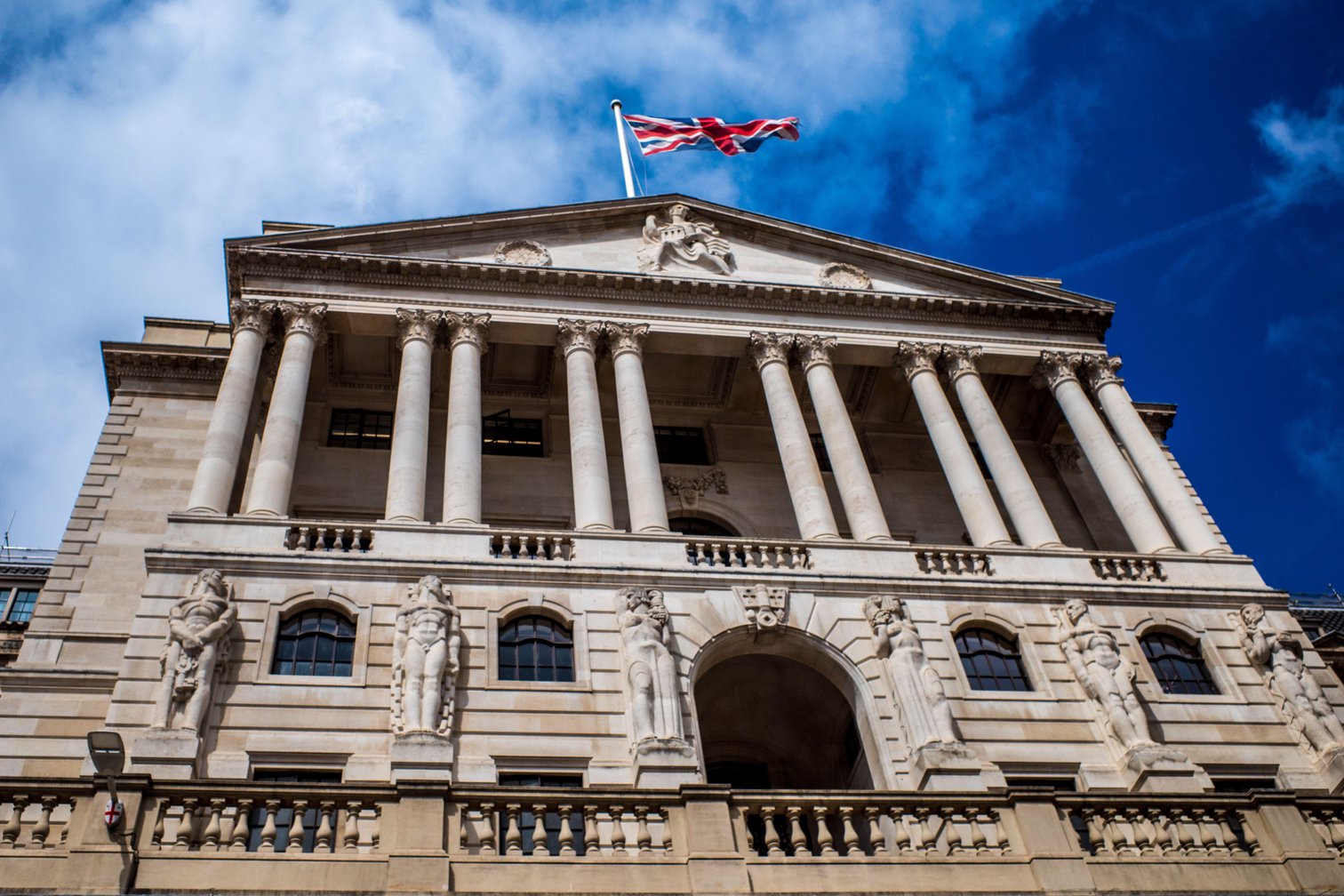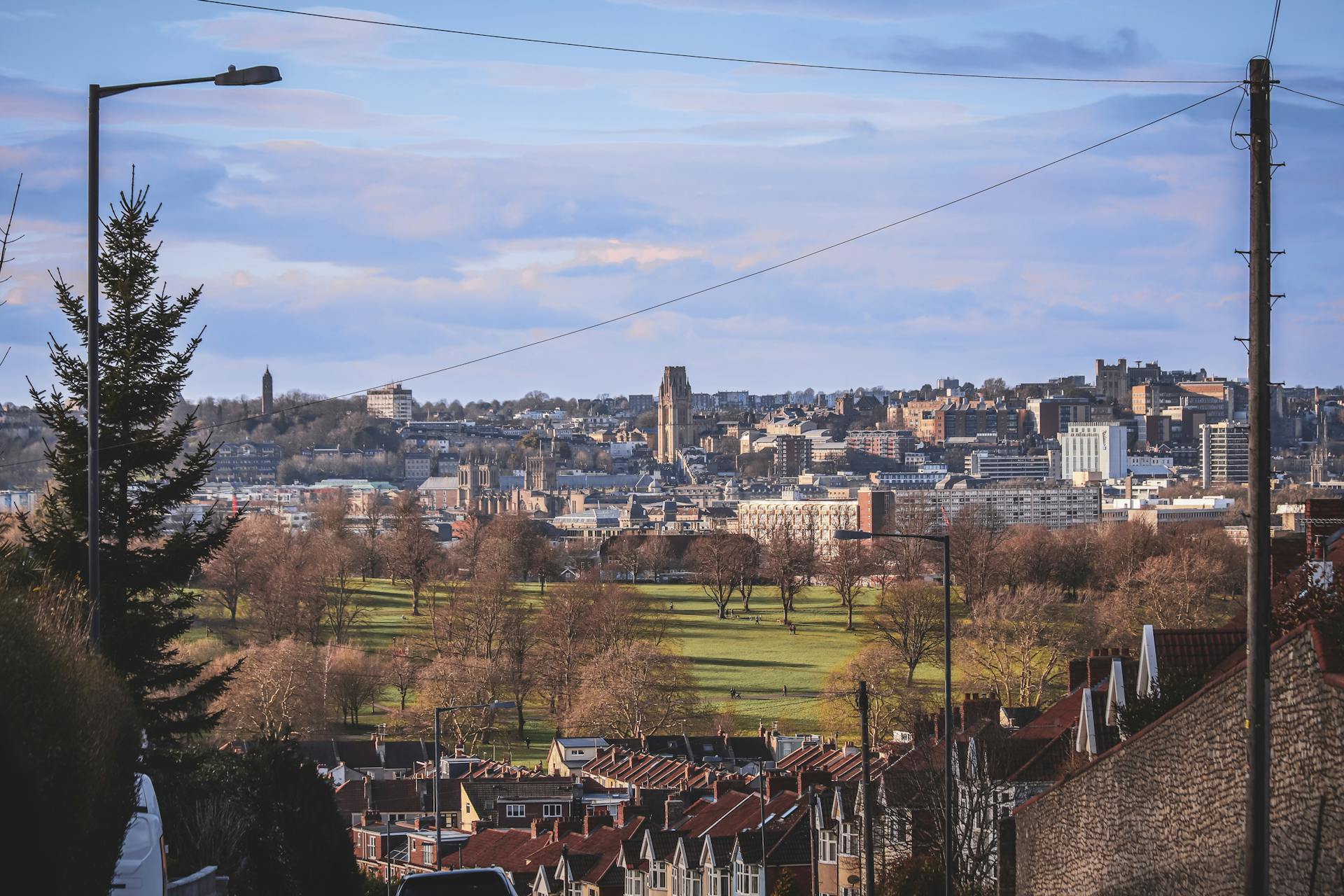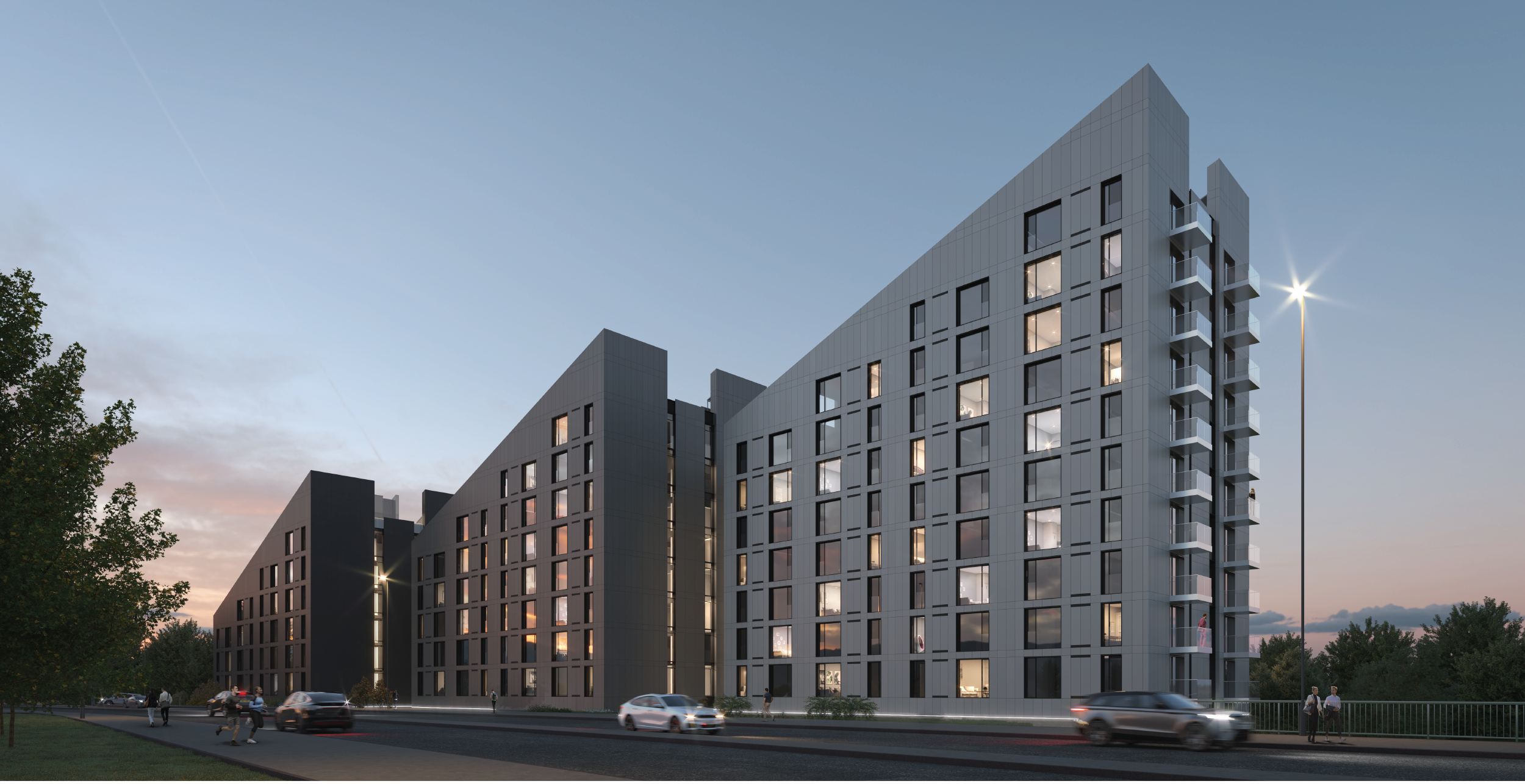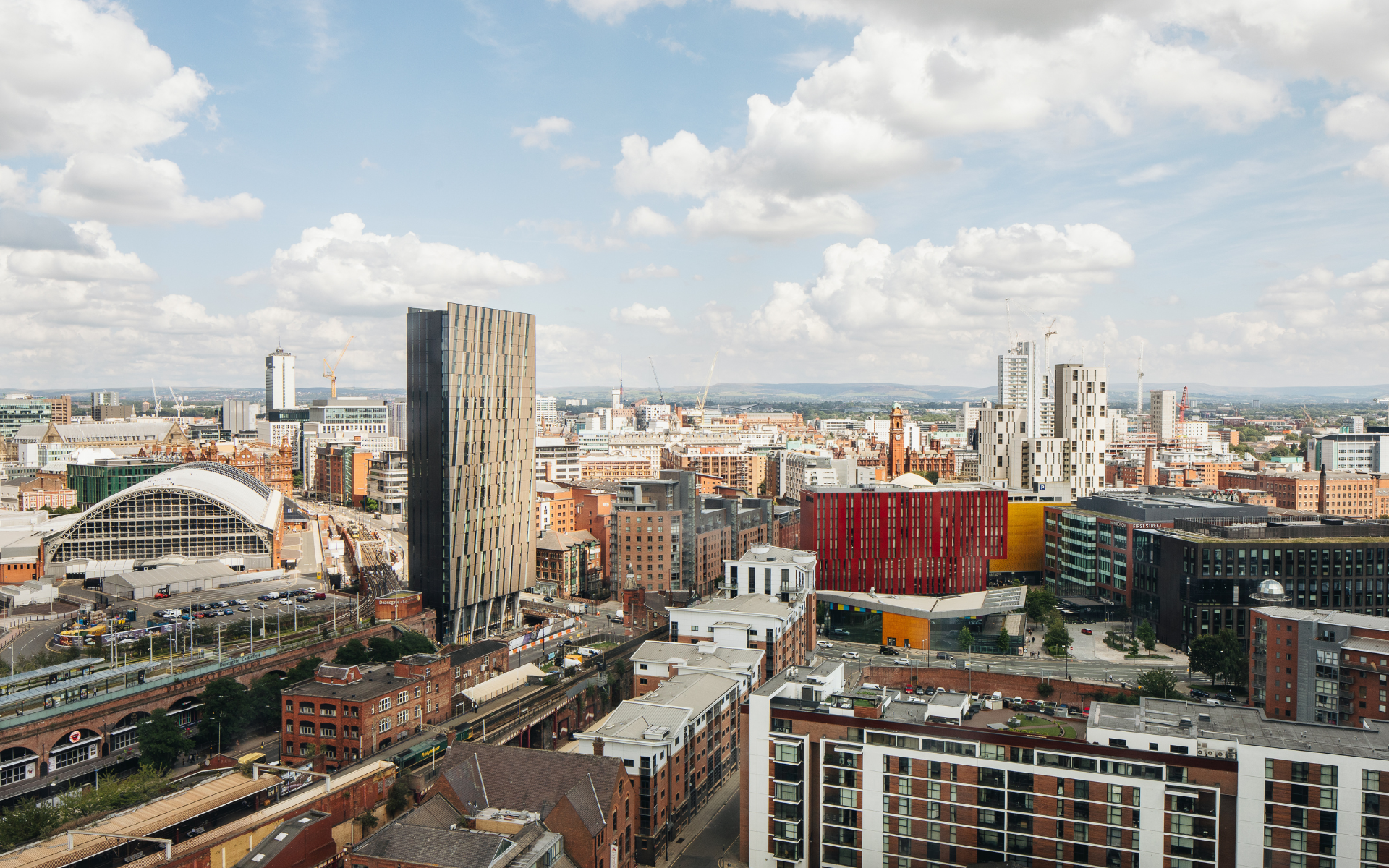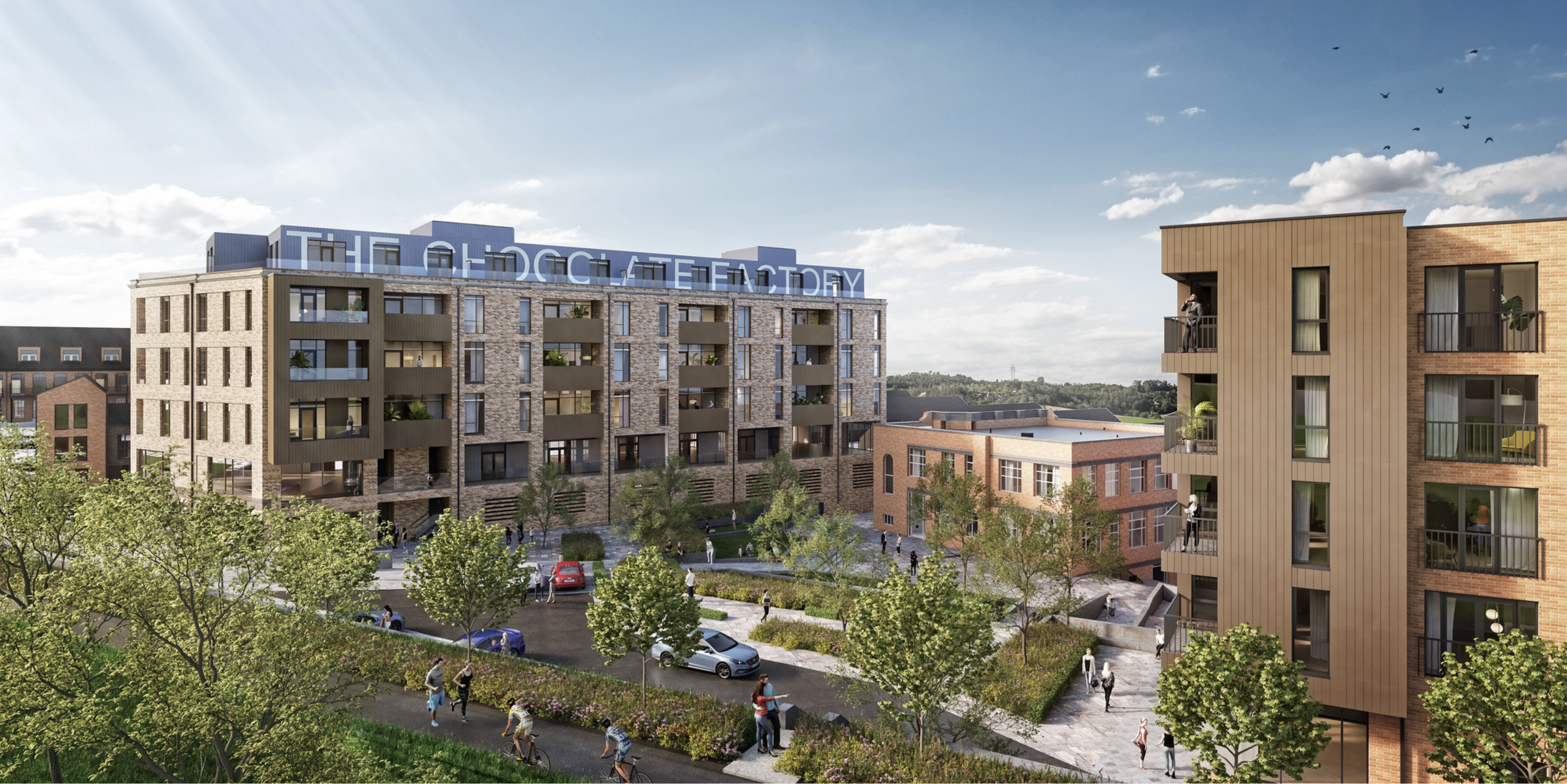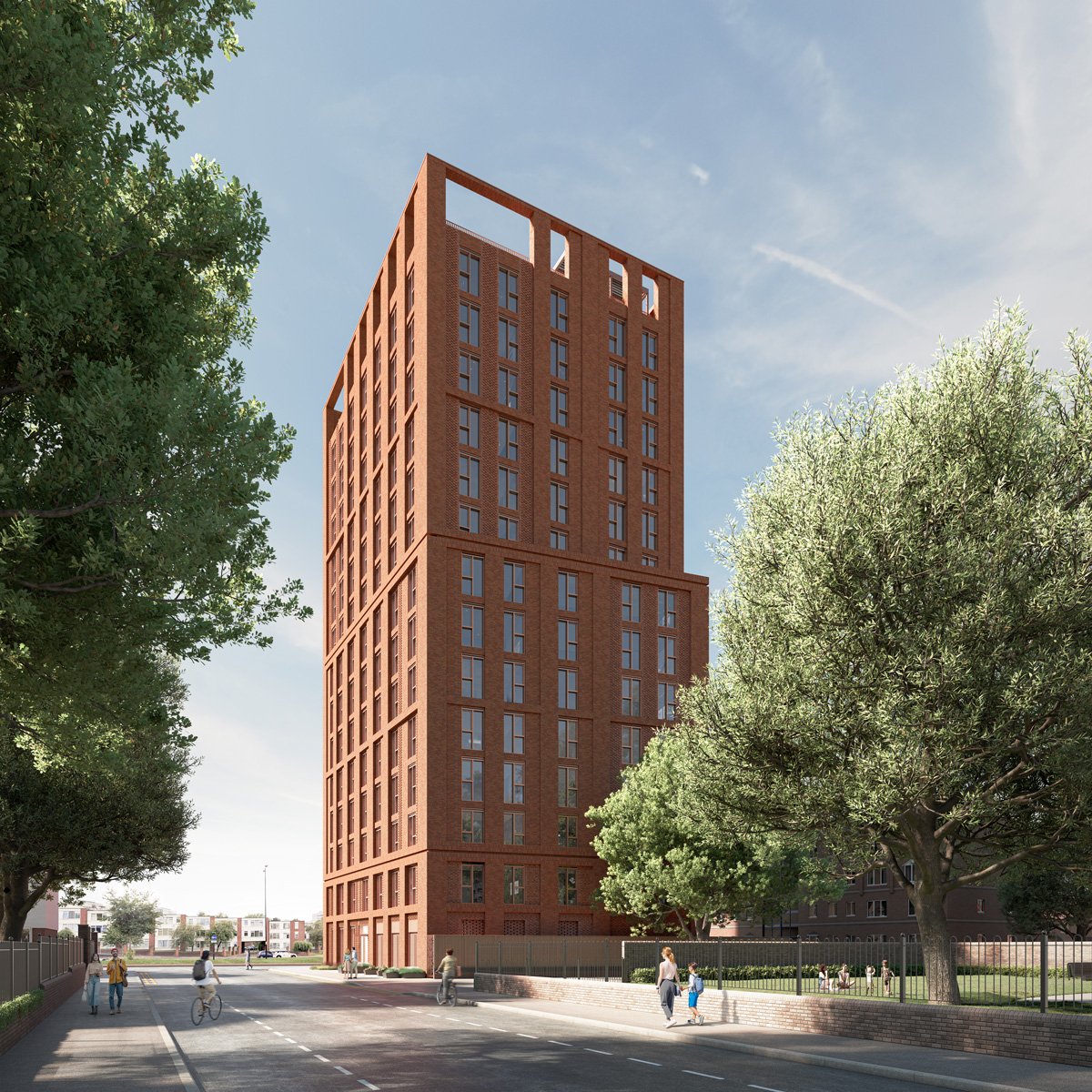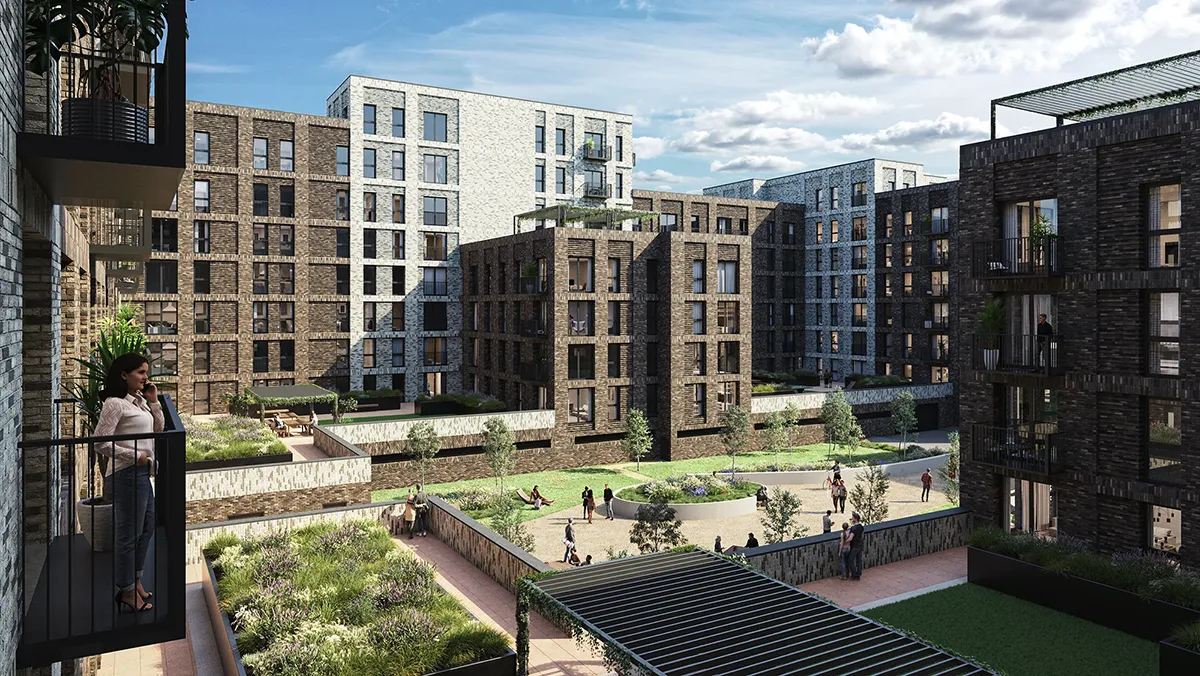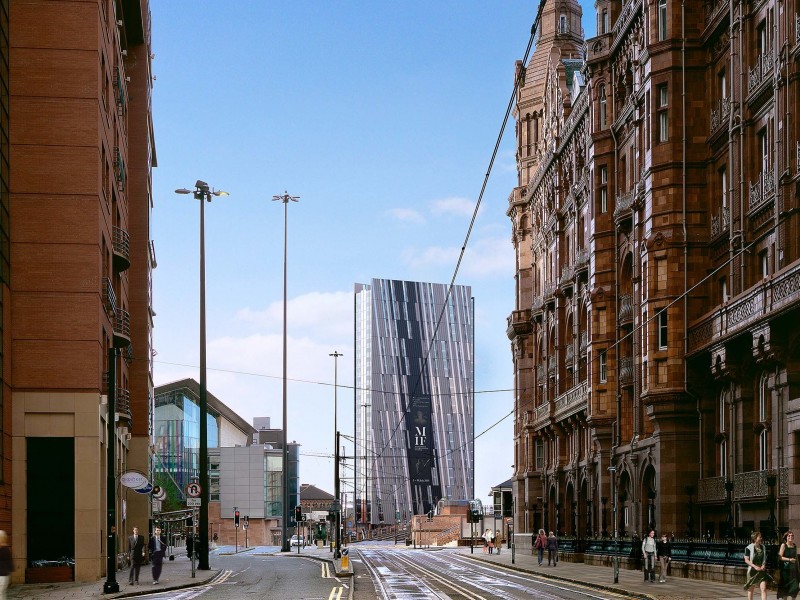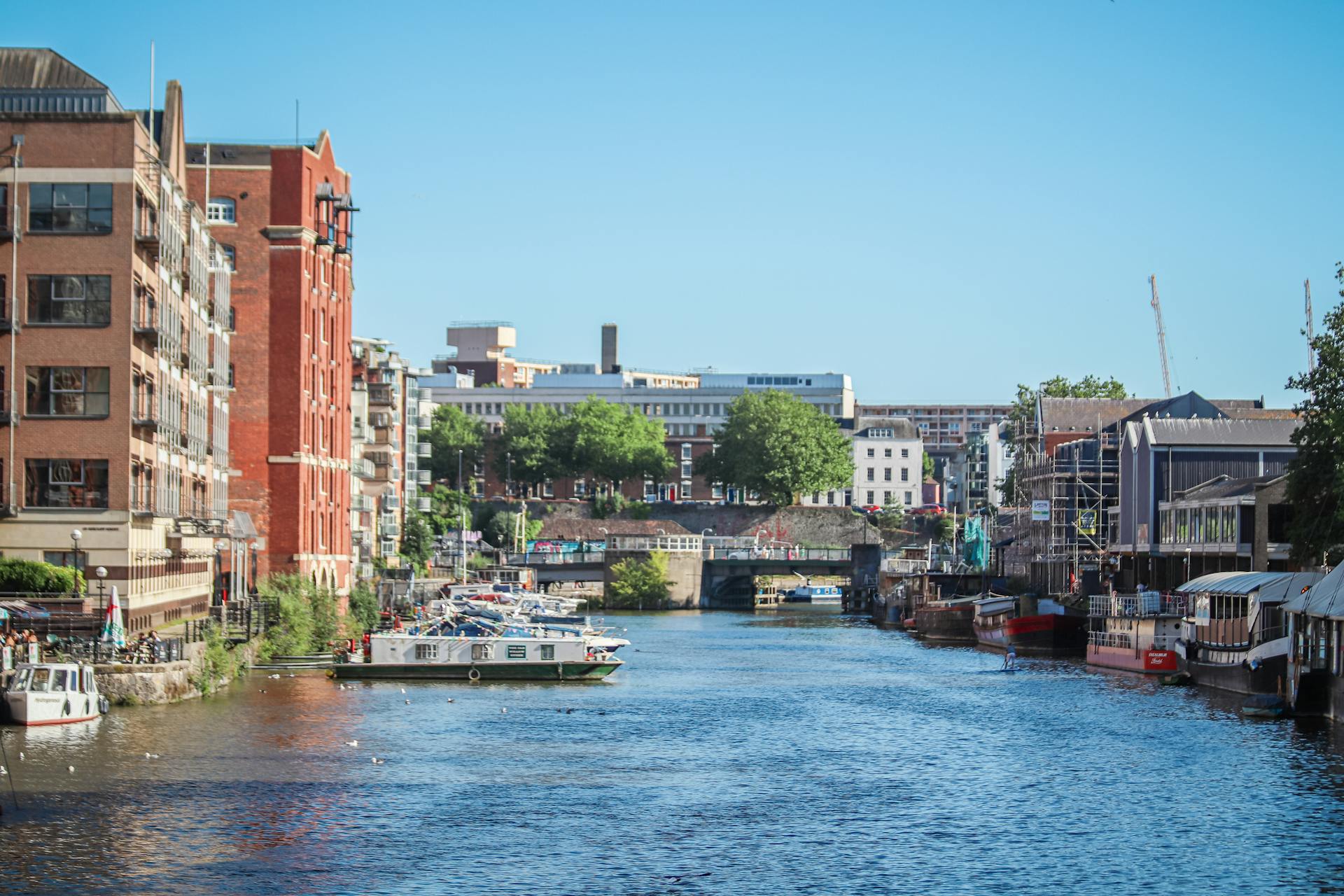How will HS2 cancellation affect Manchester property market?
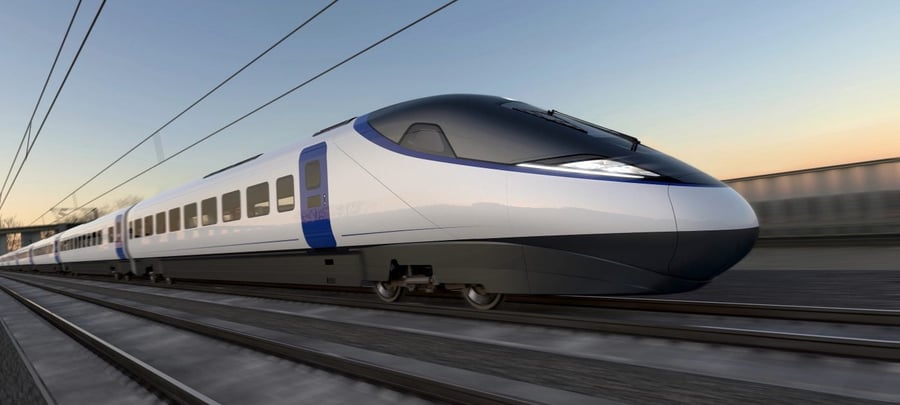
The dust has settled on the cancellation of the HS2 Manchester leg and we can now see the complete picture more clearly. The initial announcement at the beginning of October was met with dismay, but with a month of valuable perspective we can take a more objective look at what it means for Manchester both now and in the future.
HS2 was originally designed to upgrade connections between Manchester, Leeds, Birmingham and London. While journey times would have been reduced significantly, the greatest benefit would have been the increased passenger capacity to free up space on the lines for additional local and freight services.
These combined effects would have given local economies more ability to grow and also better connected them to national and international markets. Cancelling this high speed rail link, therefore, will have an impact on Manchester. But how significant will it be?
How will the HS2 cancellation affect Manchester?
Many figures have been thrown around to illustrate the potential impact of HS2 on Manchester’s economy and its desirability as a place for business investment. It seems obvious that better connections to London and Birmingham would equal higher economic growth.
However, recent years have shown that Manchester does not necessarily need HS2 to determine its future prosperity. The city is already known around the world as a booming economic hub. Developments worth billions of pounds such as the ID Manchester innovation district, NOMA, the regeneration of Mayfield, the continued growth of MediaCityUK (home of the BBC), the emerging skyscraper district around Deansgate and more speak to Manchester’s vibrancy.
If you need more evidence, simply look at the city’s skyline which seems to grow and evolve on a weekly basis.
Research backs up this picture of Manchester as one of the UK’s most impressive economic centres. For example, a recent report from EY anticipates that Manchester’s economy will grow by 2.5% each year from 2024 to 2026, comfortably outpacing national growth projections (2.1%) and behind only two other cities in the UK. This will increase Manchester’s overall GVA by £2bn by 2026.
The same report also predicts that Manchester is also set to record the fastest rate of employment growth of any town or city in the UK in the next three years. Jobs will grow by 1.8% per year over that time – significantly higher than the national (1.3%) and North West (1.2%) averages over the same time period.
Manchester is a city happily getting on with it and pursuing growth and prosperity on its own terms. HS2 was not meant to be finished until 2033 at the earliest, and this means that the current growth predictions are independent of any supposed future infrastructure projects.
While we await more information about a replacement infrastructure investment dubbed “Network North”, we can also note that Manchester is upgrading its own bus network and undertaking rail improvements of its own across the regional network at the same time.
While HS2 would have been a good addition for the city, it is clear that Manchester does not need it to survive, and certainly not to thrive – something that the city is doing on its own as we speak.
How will the cancellation of HS2 affect the Manchester property market?
The Manchester property market is an outstanding example of how the city is growing under its own steam. It has long been known nationally and internationally as one of the fastest-growing markets in the UK, and that will not change with or without HS2.
The Deloitte Manchester Crane Survey 2023 projects at least a further 20,000 people moving to the city centre in the next three years. Over that time, just 11,750 new homes are in the pipeline. This will lead to demand growing to an even higher peak than it has already reached.
The current demand has already led to house prices (4.9%) and rents (19.6%) going up significantly in the last year according to figures from JLL. Combine in that aforementioned population growth and the ongoing shortfall of available housing and it is clear that the housing market will continue to grow in the future.
Whether you are an investor or a homebuyer, anyone looking to buy property in Manchester should feel optimistic about the property appreciating in value over the coming years. As with the economy, all of this growth and the reality of Manchester’s booming housing market is completely independent of HS2.
The number of jobs in Manchester is increasing already and the population is growing along with it. This is good news for the housing market and it is happening now – approximately 10 years ahead of the estimated completion date of HS2 before it was cancelled.
Manchester’s upward trajectory is set to continue and its status as one of the UK’s leading property markets is largely unaffected by the cancellation of HS2. Want to learn more about property for sale in Manchester? Click here to see our available developments and get in touch with the team today.
Continue Reading
